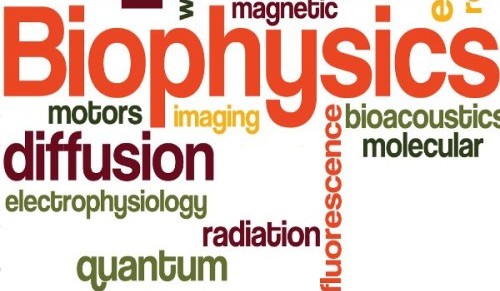
Physics is the study of our physical reality, focusing on topics such as motion, matter and every observable event that can be explained using mathematics. Contrary, biology is the study of life and living organisms specifically. The field of biophysics deals with the use of physics and mathematics to study living organisms and concepts in nature. Biophysicists typically study the various levels of biological organization, including anything from atoms to organisms and their environments. It is certainly a field that students from A Level Physics tuition courses can consider going into, upon their graduation.
Biological systems can be extremely complex, as there are still many discoveries to be made in fields related to biology. Protein systems, such as kinesin molecules, are among the most studied concepts in biophysics. But what makes these systems so significant? Proteins, and protein systems are (directly and/or indirectly) responsible for:
– Regulating all the metabolic pathways in living organisms
– Synthesizing and repairing of DNA and RNA
– Forming certain tissues
– Providing immunity to disease
– Regulating growth
– Movement of limbs
The field of biophysics is crucial to deepen our understanding of how certain processes in nature operate. In fact, the DNA double helix structure was discovered by biophysicists. This discovery has led to many advancements in medicine, which has saved the lives of many.
There are near countless applications for biophysics. Generally, research is conducted in treating disease. Biophysicists have not only been working to successfully treat diseases, but they have also developed medical equipment, such as imaging technologies (MRI, CAT scan, etc.). However, two current highly researched topics are Alzheimer’s disease and protein folding.
Alzheimer’s disease is a brain disorder which is progressive in nature. It damages and eventually destroys brain cells, leading to memory loss. Its development is slow, but gradually decreases brain activity – resulting in the destruction of brain cells. The research in Alzheimer’s disease has been expanded greatly in recent years, as scientists are desperate to find a cure. Currently, however, hope is growing as biophysicists feel they are on the right path.
The folding of a protein involves a very specific process; if a protein does not fold properly, it can result in the occurrence of genetic/metabolic defects. This is also closely associated to Alzheimer’s disease and types of cancer, as these are examples of improper protein folding. Research in this area can prove rewarding as many medical mysteries can be solved by fully understanding the protein folding process, particularly how a protein will fold. At present, scientists can only predict how proteins will fold. Thus, biophysicists are crucial to the development of medicine and science. The contributions of biophysics will solve numerous problems that may, additionally, save millions from deadly diseases.

